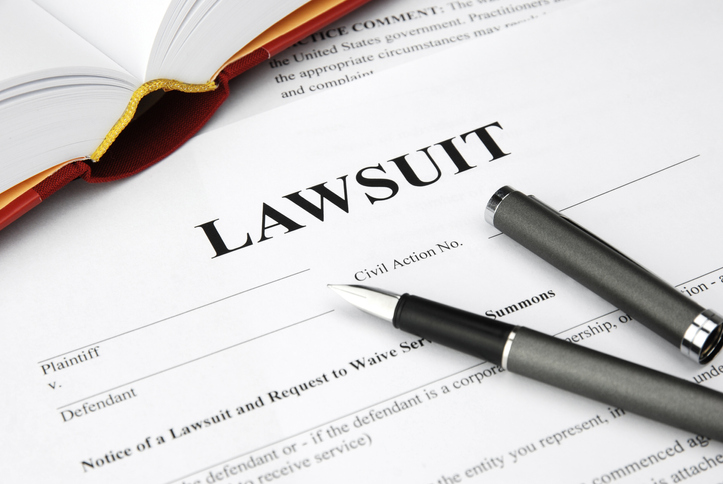Zion Williamson is surrounded by more hype than any other basketball prospect in recent memory. He has limitless potential and franchise-altering talent. With all the hype and excitement has also come some legal issues. On April 20, 2019, less than a week after Williamson declared for the 2019 NBA Draft, he signed a marketing deal with Prime Sports Marketing, LLC. Williamson’s contract with Prime Sports had a clause that the contract could not be terminated for five years.
However, only 40 days after signing the contract with Prime Sports, Williamson signed a contract with CAA Sports for contract negotiations and marketing. The following day, Williamson sent a termination notice to Prime Sports, claiming that the agreement he signed with them was made in violation of North Carolina’s Uniform Athlete Agent Act (NCUAAA). In response, Prime Sports’ attorney sent a letter to Williamson stating that a valid and enforceable contract still existed. Shortly thereafter, on June 13, Williamson filed a lawsuit against Prime Sports and its principal, Gina Ford, alleging that neither Prime Sports nor Gina Ford is registered as an athlete agent in North Carolina. Williamson further alleges that Prime Sports failed to include specific language that is required to be part of every agency contract.
The NCUAAA defines “athlete agent” as “[a]n individual who enters into an agency contract with a student-athlete or, directly or indirectly, recruits or solicits a student-athlete to enter into an agency contract.” To act as an agent athlete, the person must hold a certificate of registration. An agency contract signed with a person who does not hold the proper certificate of registration is void. The NCUAAA also requires every agency contract to have the following language: “YOU SHALL LOSE YOUR ELIGIBILITY TO COMPETE AS A STUDENT-ATHLETE IN YOUR SPORT.” Based on the above, Williamson alleges that the contract he signed with Prime Sports is void since it was not signed with a registered athlete agent and did not contain the required language.
In response, Prime Sports filed a counter-claim against Williamson and CAA Sports for $100 million for unlawfully terminating his contract. Prime Sports has based its defense on the theory that, since he had already declared for the NBA Draft, Williamson was not a student-athlete at the time he signed the contract. The NCUAAA defines “student-athlete” as “[a]n individual who engages in, is eligible to engage in, or may be eligible in the future to engage in any intercollegiate sport.” Moreover, an “agency contract” is defined as “[a]n agreement in which a student-athlete authorizes a person to negotiate or solicit on behalf of the student-athlete a professional-sports-services contract or an endorsement contract.”
According to NCAA Division I Rules, “[i]n men’s basketball, an enrolled student-athlete may enter a professional league’s draft each year during his collegiate career without jeopardizing eligibility in that sport, provided:
(a) The student-athlete requests that his name be removed from the draft list and declares his intent to resume intercollegiate participation not later than 10 days after the conclusion of the professional league’s draft combine. If the professional league does not conduct a draft combine, the student-athlete must request that his name be removed from the draft list not later than the end of the day before the first day of the spring National Letter of Intent signing period for the applicable year;
(b) The student-athlete’s declaration of intent is submitted in writing to the institution’s director of athletics; and
(c) The student-athlete is not drafted.”
It is unclear based on the NCAA rules whether Williamson was considered a student-athlete at the time he signed his contract with Prime Sports. As noted by Gina Ford, Williamson “repeatedly and publically declared and made it abundantly clear that he was not ever returning to intercollegiate basketball.” If it is determined that Williamson was not a student-athlete at the time he signed the contract with Prime Sports, then the NCUAAA provisions raised by Williamson would be inapplicable. If the court determines that Williamson was a student-athlete, then it is likely that Williamson will prevail in his lawsuit.
As expected, Williamson was selected first overall in the 2019 NBA Draft. Hopefully, this legal battle does not affect the play or hype surrounding the potential superstar.

